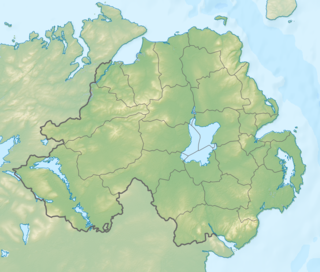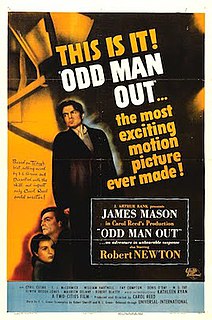 W
WThe Irish Republican Army of 1922–1969, an anti-Treaty sub-group of the original Irish Republican Army, fought against the Irish Free State in the Irish Civil War, and its successors up to 1969, when the IRA split again into the Provisional IRA and Official IRA. The original Irish Republican Army fought a guerrilla war against British rule in Ireland in the Irish War of Independence between 1919 and 1921. Following the signing of the Anglo-Irish Treaty on 6 December 1921, the IRA in the 26 counties that were to become the Irish Free State split between supporters and opponents of the Treaty. The anti-Treatyites, sometimes referred to by Free State forces as Irregulars, continued to use the name Irish Republican Army (IRA) or in Irish Óglaigh na hÉireann, as did the organisation in Northern Ireland which originally supported the pro-Treaty side. Óglaigh na hÉireann was also adopted as the name of the pro-Treaty National Army, and remains the official legal title of the Irish Defence Forces.
 W
WThe border campaign was a guerrilla warfare campaign carried out by the Irish Republican Army (IRA) against targets in Northern Ireland, with the aim of overthrowing British rule there and creating a united Ireland. It was also referred to as the "resistance campaign" by some Irish republican activists. The campaign was a military failure, but for some of its members was justified as it kept the IRA engaged for another generation.
 W
WThe Connolly Column was the name given to a group of Irish republican socialist volunteers who fought for the Second Spanish Republic in the International Brigades during the Spanish Civil War. They were named after James Connolly, the executed leader of the Irish Citizen Army. They were a company-strength unit of the XV International Brigade, which also included the US, British and Latin American battalions in Spain. The name is now retroactively applied to all Irish volunteers who fought for the Spanish Republic.
 W
WCumann Poblachta na hÉireann was a political party established by the Irish Republican Army in 1936. It existed until 1937.
 W
WOdd Man Out is a 1947 British film noir directed by Carol Reed, and starring James Mason, Robert Newton, Cyril Cusack, and Kathleen Ryan. Set in a Northern Irish city, it follows a wounded Nationalist leader who attempts to evade police in the aftermath of a robbery. It is based on the 1945 novel of the same name by F. L. Green.
 W
WOscar Carl Pfaus was a German immigrant who became an American citizen through military service. He had a succession of jobs before becoming involved in pro-Nazi organizations in Chicago in the early 1930s and becoming a full-time Nazi propagandist there. He was also active in New York.
 W
WField Marshal Sir Henry Hughes Wilson, 1st Baronet, was one of the most senior British Army staff officers of the First World War and was briefly an Irish unionist politician.